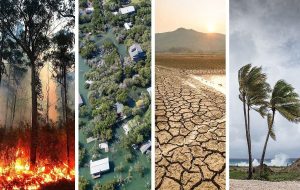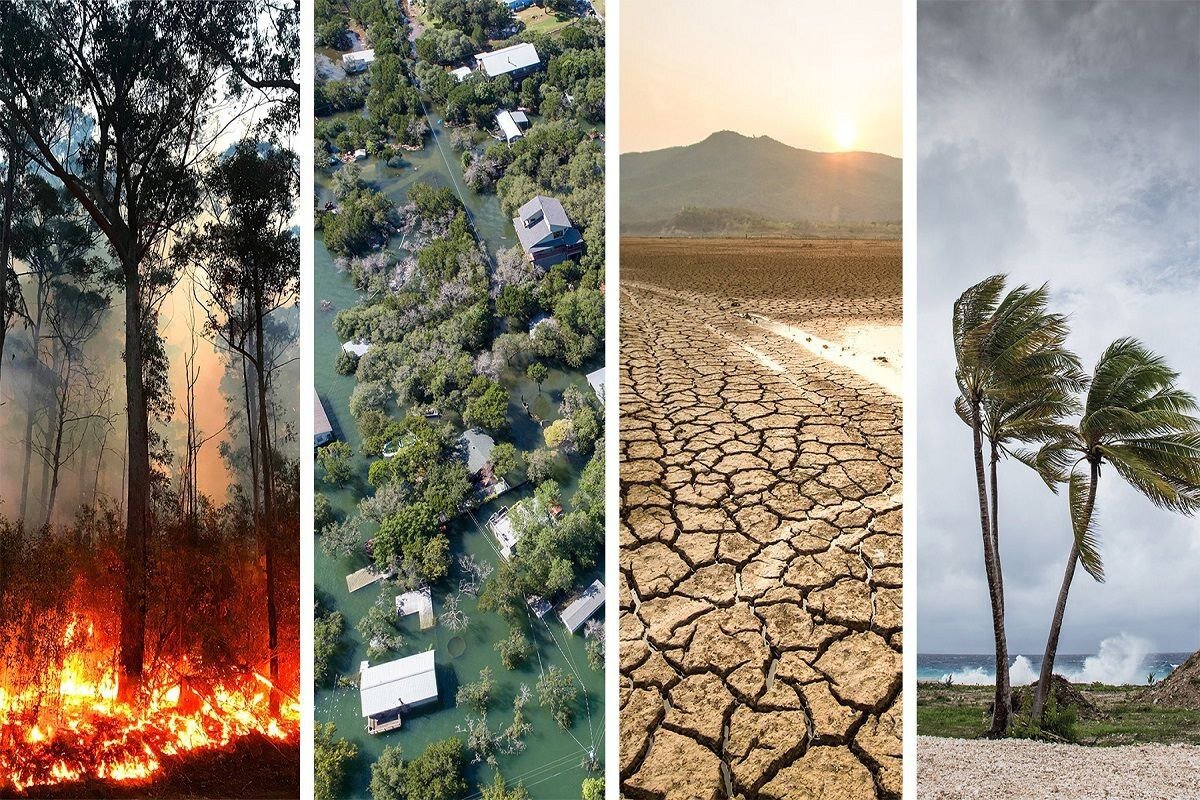Intl. congress on health in emergencies, disasters to be held
TEHRAN –Tehran will host the tenth international congress on health in emergencies and disasters from November 23 to 25. This year, the congress will be held with the theme of ‘integrated disaster risk management’ highlighting the importance of crisis management by acting harmoniously. Inefficient crisis management can be dealt with by raising public awareness, developing


TEHRAN –Tehran will host the tenth international congress on health in emergencies and disasters from November 23 to 25.
This year, the congress will be held with the theme of ‘integrated disaster risk management’ highlighting the importance of crisis management by acting harmoniously.
Inefficient crisis management can be dealt with by raising public awareness, developing the expertise and knowledge of experts, and addressing scientific, legal, and financial issues.
The congress revolves around climate change, health, and food security, integrated risk management of traffic accidents, community involvement, pillar of resilience in disasters, psychological and social issues, integrated management of biological events with a focus on upcoming threats, integrated risk management in mass gatherings, reproductive health, population youth, and disaster risk management.
It also centers on sustainable development based on risk awareness, technology development, intelligence decision-making based on big data technology in disasters, safety promotion, prevention and disaster risk reduction, passive defense, and coordination between the health sector and other organizations.
This congress will host 131 lecturers. Some 452 articles were submitted, of which 20 are selected to be presented in the congress by participants.
On the sidelines of the congress, a photo and a painting festival on floods, landslides, and earthquake faults are planned to be organized.
Taking proactive measures
In April, Mohammad-Hassan Nami, the former head of the Crisis Management Organization, said crisis prevention, as a crucial part of the crisis management process, involves adopting a proactive approach to avoid or minimize the devastating effects of disasters and ensure a safe living environment.
Currently, the world is grappling with many different crises such as desertification, climate change, and lack of fresh water, which highlight the significance of taking preventive measures,” IRNA quoted Nami as saying.
Referring to the law on crisis management, he added even the law mandates to take preventive measures.
Therefore, the best possible ways to manage floods and earthquakes, as typical hazards in the country, are managing watersheds, and improving the building materials’ resilience, respectively, he added.
“The construction of underground dams, especially in arid and semi-arid areas, is another viable approach to handle floods,” Nami stated.
He went on to emphasize, “We should improve the resilience of building materials and constructions to be able to withstand at least a Richter 8 shake since some 62 percent of the country’s land is situated on faults or on the margins of faults.”
MT/MG
